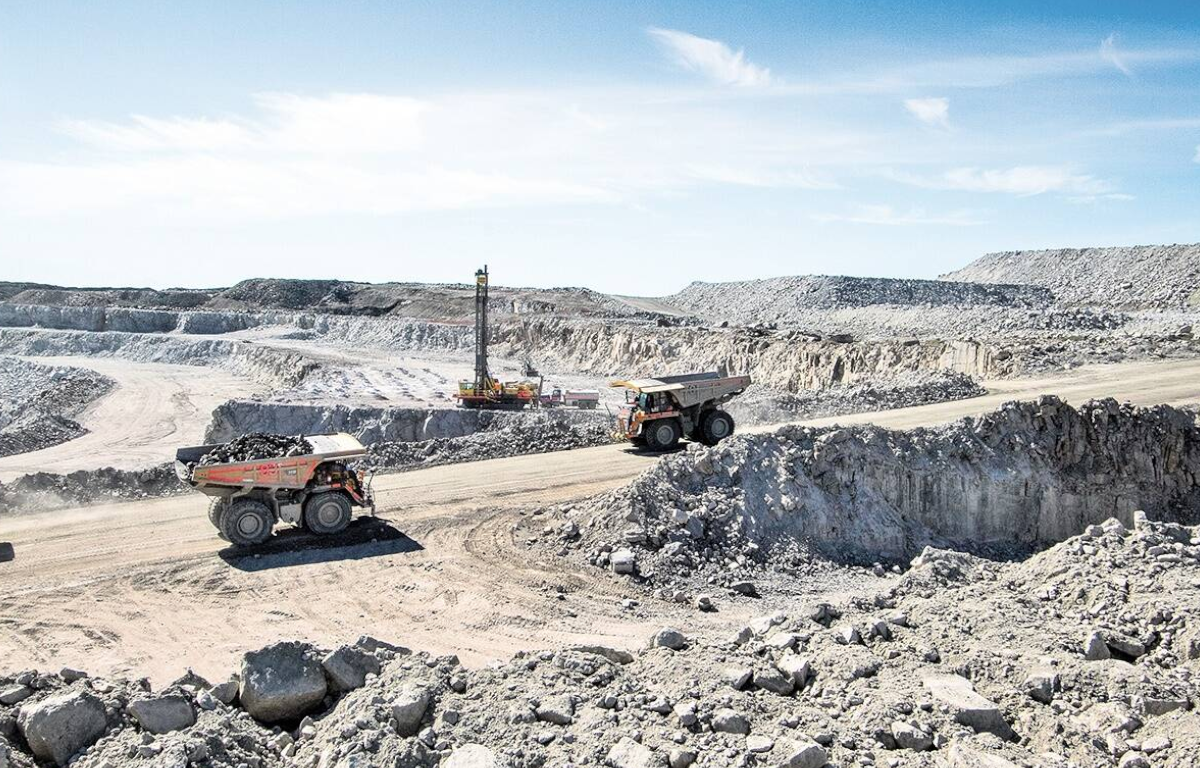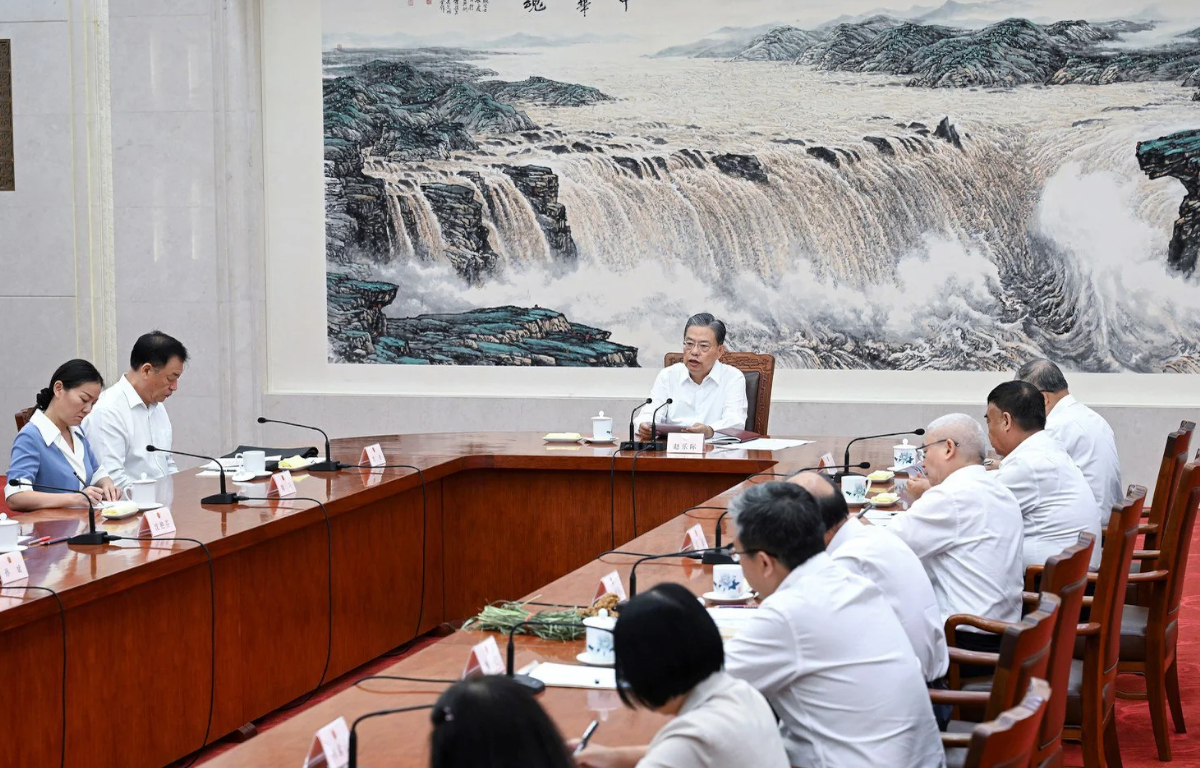
Several factors have contributed to the precipitous decline in Evergrande’s share price. First and foremost, the company is drowning in debt, with liabilities exceeding $300 billion. Its high leverage ratio became increasingly unsustainable, especially with the Chinese government implementing stricter regulations on real estate borrowing and property sales. Investors grew concerned about the company’s ability to service its debt obligations.
In addition to its debt crisis, Evergrande faced liquidity issues. Reports emerged of unpaid bills to suppliers, contractors, and even homebuyers. This further eroded confidence in the company’s financial stability. Moreover, the Chinese government introduced policies to curb excessive borrowing by property developers, limiting their ability to access offshore funding and imposing caps on home prices. These measures adversely impacted Evergrande’s business model, which heavily relied on debt-driven growth.
One of the most significant fears surrounding Evergrande’s situation is the potential for contagion. Given its extensive network of subsidiaries and interconnectedness with various sectors of the Chinese economy, the market feared that its collapse could trigger a financial contagion, affecting other companies and industries.
The implications of Evergrande’s plummeting shares are profound. It has led to increased volatility in financial markets, both in China and internationally, as investors assess the potential fallout from the company’s troubles. The Chinese property market, a crucial driver of economic growth, could face headwinds as tighter regulations and Evergrande’s woes impact other developers, potentially leading to a slowdown in property sales and construction.
Furthermore, Evergrande’s international bondholders, including global investors and institutions, are closely monitoring the situation. A default could have ripple effects on global financial markets and institutions with exposure to the company’s debt. The Chinese government faces a delicate balancing act in managing this crisis, aiming to reduce systemic risk in the property sector while being concerned about the potential fallout from a disorderly Evergrande collapse.










Share this: